

When a spiteful coworker sabotages her deliveries, a courier and a helpful customer must race to return Christmas presents to their intended recipients.
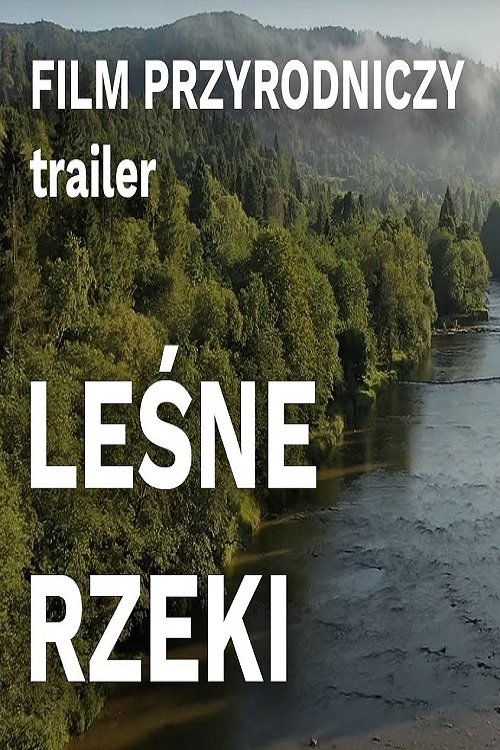
She was a senior supervisor in Nazi concentration camps, but directly after the war she managed to get away from a prison in Krakow. The documentary investigates the most mysterious thread of the escape: how did it happen that a group of Polish female inmates from Ravensbrück helped the former SS woman?
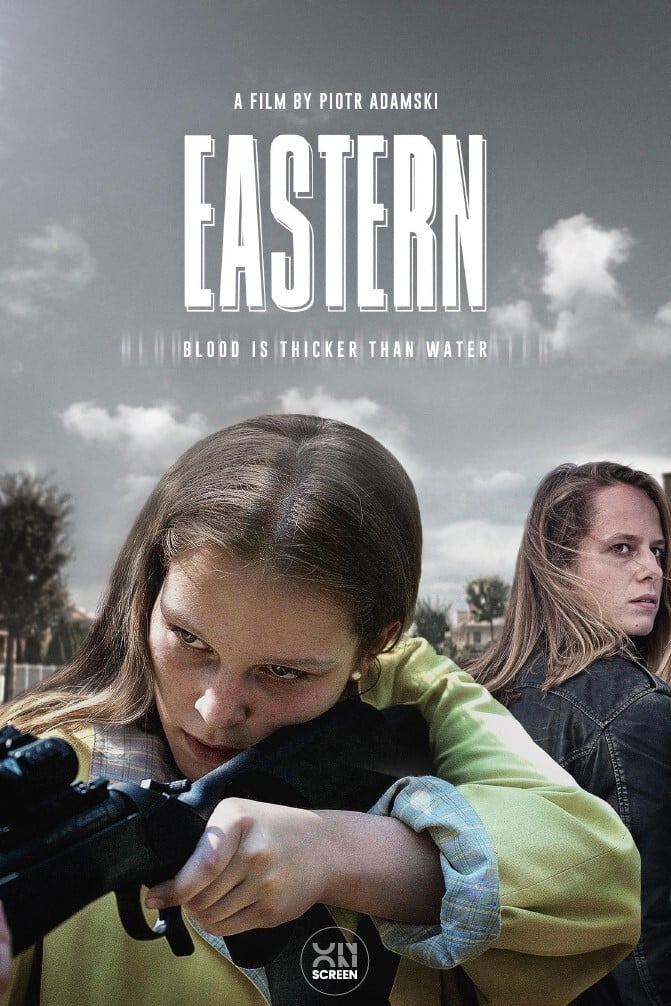
In Poland, behind the gates of an exclusive housing estate, the life of its wealthy residents is regulated by an old code of honor, due to which the Kowalskis and the Nowaks have been embroiled in a bloody family feud for years.
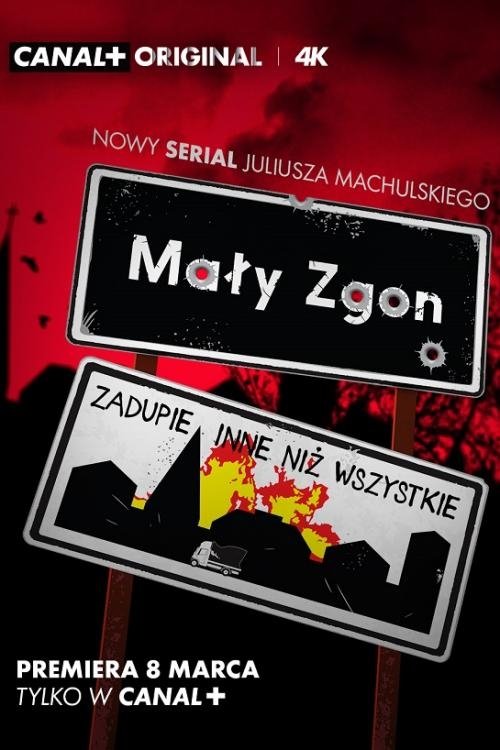
Mały Zgon may seem like a quiet town - but just below the surface lies a twisted web of crooked cops, drug kingpins and high-stakes poker games.
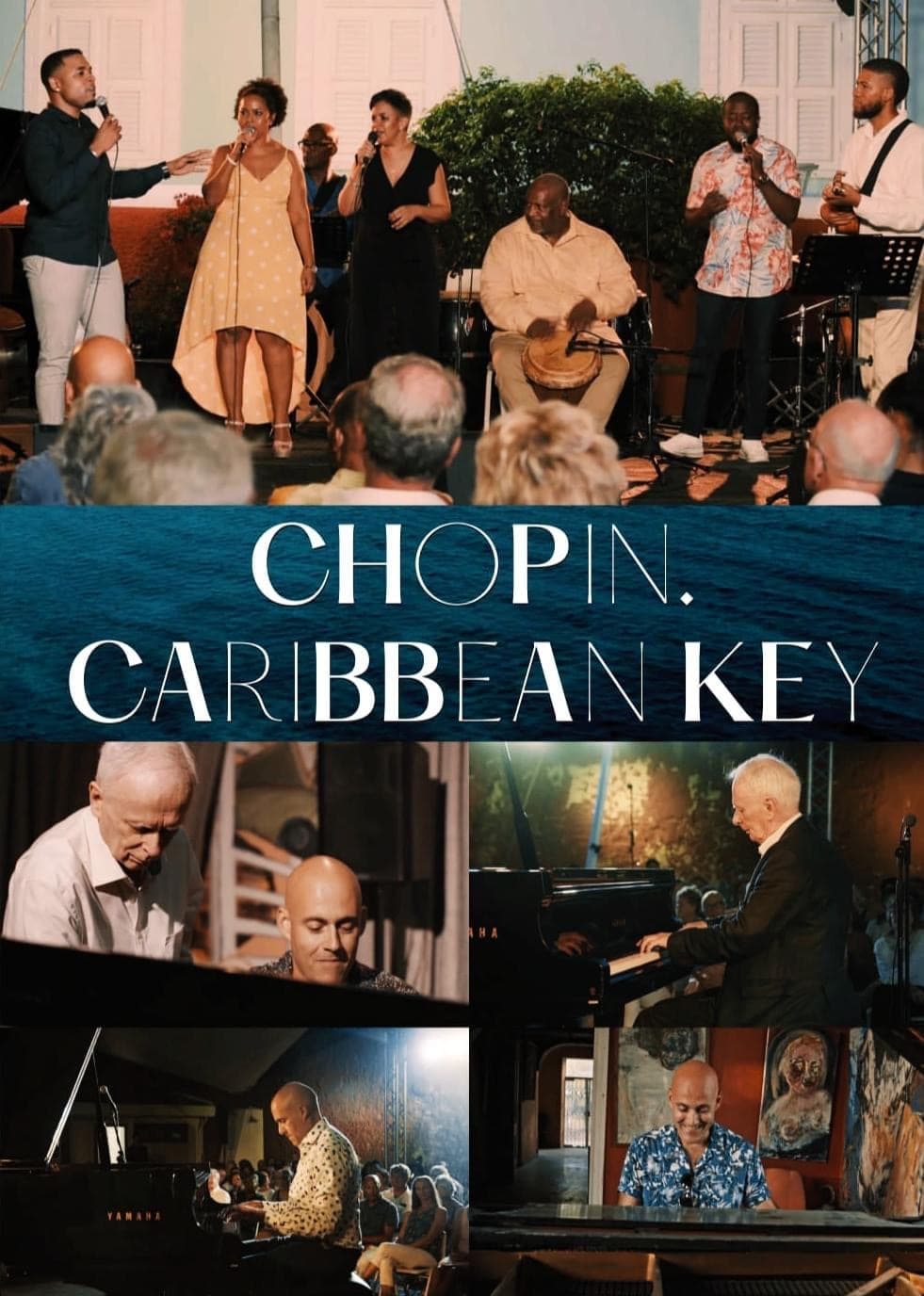
It is a story about the Antilian history of Chopin's music and the fate of its creators. The music of the greatest Polish composer, Fryderyk Chopin, reached the Caribbean Island of Curaçao in the 19th century. It inspired local musicians to compose the “Caribbean Mazurka”. For many years the piece has been known as the national dance of Curaçao. The music and its variations reflect the tragic history of the island and although the tunes are seemingly distant, they profoundly resemble Chopin's compositions. The film centers on Randal Corsen, the most outstanding local pianist, who plans to write pieces inspired by Chopin, for traditional instruments and in some new arrangements. He is joined by Janusz Olejniczak, an internationally recognised composer, enthusiast and interpreter of Chopin's music. The artists intend to invite contemporary musicians from Curaçao, who have not yet played Chopin, to perform the music together.
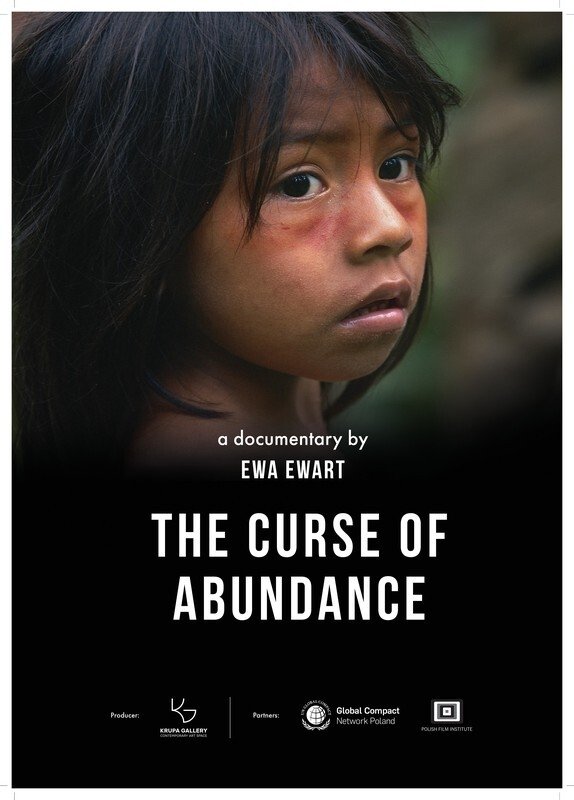
Ecuador, a South American oil rich country, launched a daring initiative to leave some of its Amazonian oil reserves in the ground in exchange for financial compensation from the international community. It was a revolutionary idea to save one of the Earth’s most vital ecosystems and two uncontacted indigenous tribes. The proposal centred on the Yasuni National Park which contains a third of Ecuador’s oil reserves. It was a revolutionary idea to address climate change, but it turned out to be ahead of its time and struggled to take off.
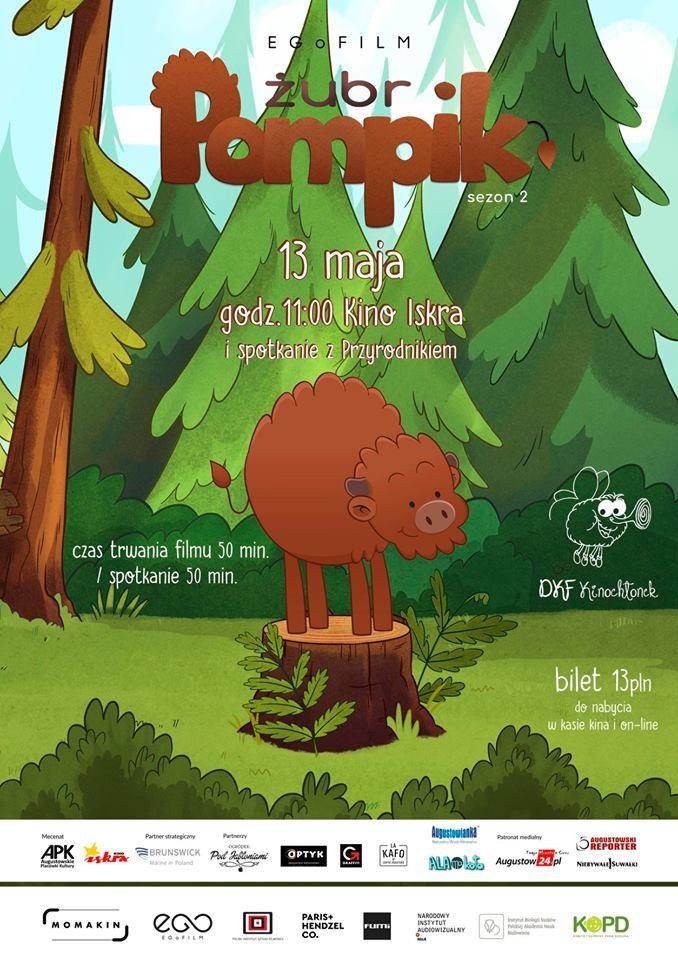

By browsing this website, you accept our cookies policy.